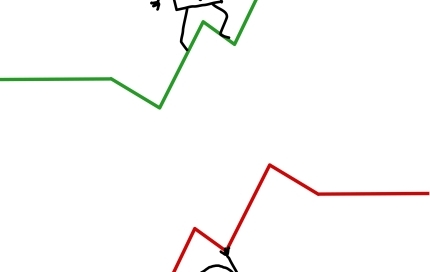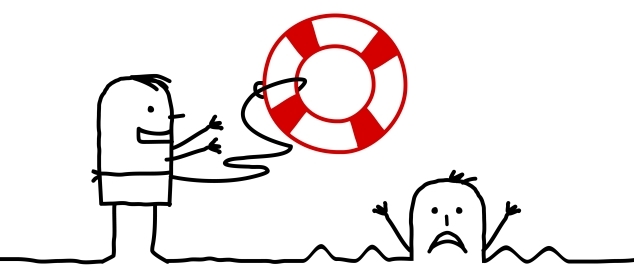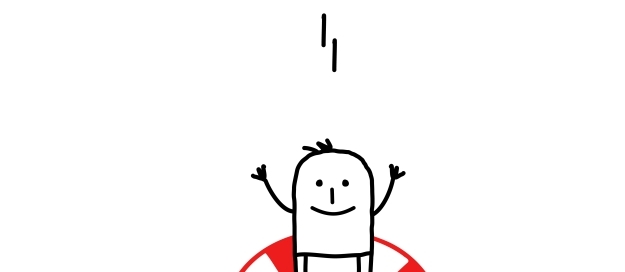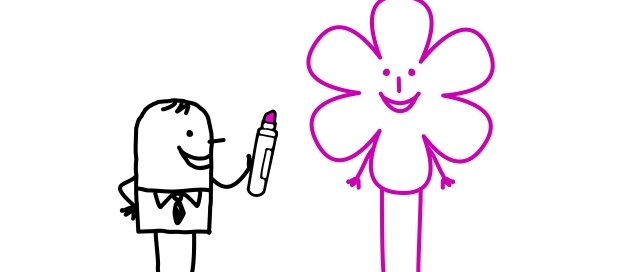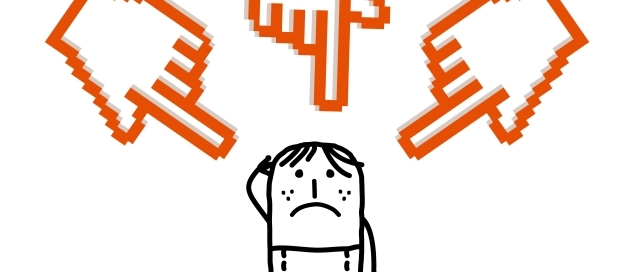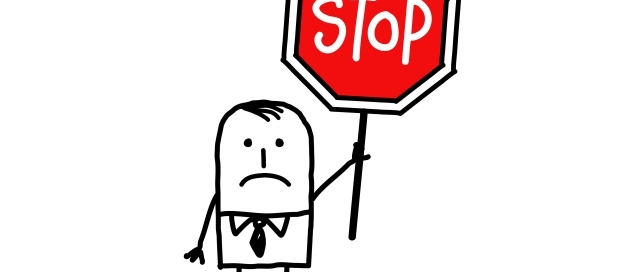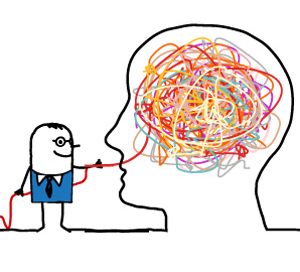Two motivators to change behaviour: Hope for the good and fear of the bad
In this article, I discuss how you can use hope for positive consequences and fear of negative consequences as motivators to help you change unwanted behaviour patterns. In my work as a Calgary psychologist and a Cochrane psychologist, clients sometimes have the goal of changing unwanted behaviour patterns such as procrastination, losing one’s temper and excessive substance use. One of the best ways to help clients achieve behaviour change in these instances is to help them focus on motivators for the types of change they are seeking. Two types of motivators serve this purpose...[more]

